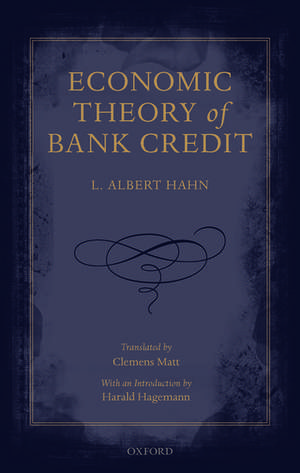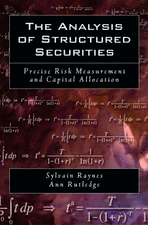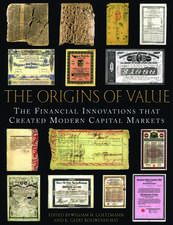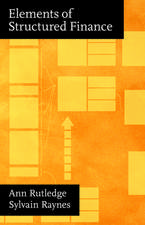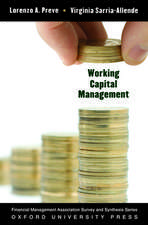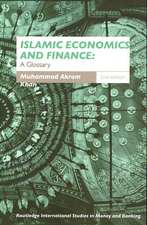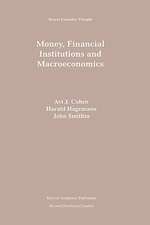Economic Theory of Bank Credit
Autor L. Albert Hahn Traducere de Clemens Matt Introducere de Harald Hagemannen Limba Engleză Hardback – 8 oct 2015
Preț: 596.81 lei
Preț vechi: 857.61 lei
-30% Nou
Puncte Express: 895
Preț estimativ în valută:
114.20€ • 119.23$ • 94.51£
114.20€ • 119.23$ • 94.51£
Carte tipărită la comandă
Livrare economică 25-31 martie
Preluare comenzi: 021 569.72.76
Specificații
ISBN-13: 9780198723073
ISBN-10: 0198723075
Pagini: 238
Ilustrații: Figures
Dimensiuni: 148 x 219 x 20 mm
Greutate: 0.43 kg
Editura: OUP OXFORD
Colecția OUP Oxford
Locul publicării:Oxford, United Kingdom
ISBN-10: 0198723075
Pagini: 238
Ilustrații: Figures
Dimensiuni: 148 x 219 x 20 mm
Greutate: 0.43 kg
Editura: OUP OXFORD
Colecția OUP Oxford
Locul publicării:Oxford, United Kingdom
Recenzii
As will already be apparent, an exceptionally useful and attractive feature of this volume is Hagemann's introductory essay, which, dealing as it does with Hahn's life as well as his economies, and of course carrying the story of both beyond 1933, surely supercedes Ellis1934 as the first source that anyone seeking a guide to Hahn's contributions should consult. But this is not the books only virtue. Clemens Matt's translation provides smooth reading, probably smoother than does the original, even for readers whose first language is German, to judge by the brief note in which he describes his self-conscious decision to favour above literalness.
Notă biografică
L. Albert Hahn (1889-1968) was a German banker, economist, and university professor at the University of Frankfurt am Main. He was born into a family of private bankers in Frankfurt am Main on October 12, 1889. Hahn received PhDs from the University of Marburg in law in 1912 and in economics in 1919. He was on the managing board of the family bank, the Deutsche Effecten- und Wechsel-Bank, from 1919 until 1933 whilst also holding an honorary professorship at the University of Frankfurt. Clemens Matt studied economics in Graz, Nancy, Edinburgh, and Berlin and holds an MSc from the University of Edinburgh. He works for the British Government Economic Service and occupies himself with the history of economic thought in his spare time.Harald Hagemann is Professor of Economic Theory at the University of Hohenheim, Stuttgart, Germany. He is a life member of Clare Hall, University of Cambridge and is Honorary Past President of the History of Economic Thought. His main areas of research cover growth, structural change, new technologies and employment, and the history of economic analysis. His recent work also focuses on the history of modern business cycle theory and the emigration of German speaking economists after 1933.
